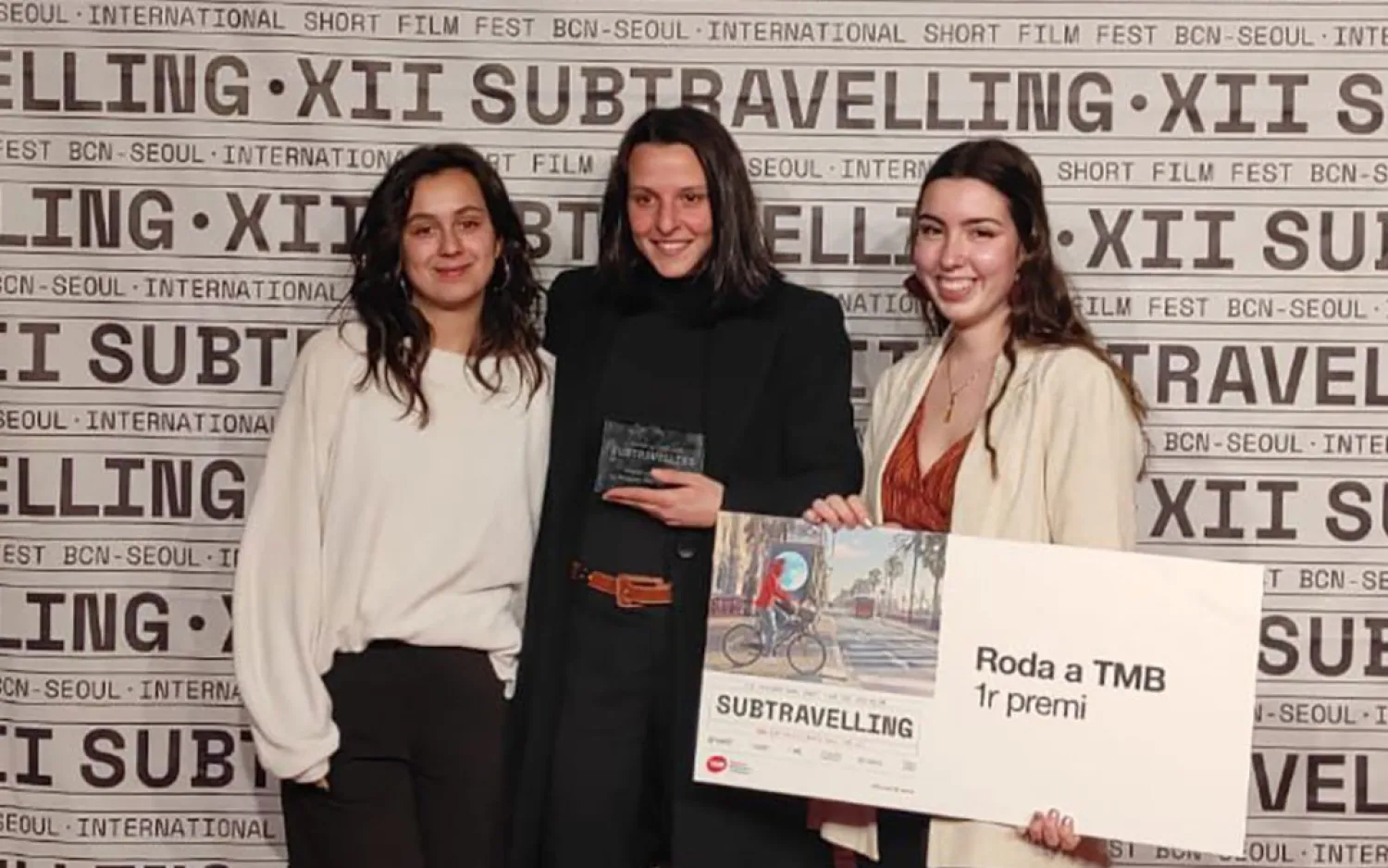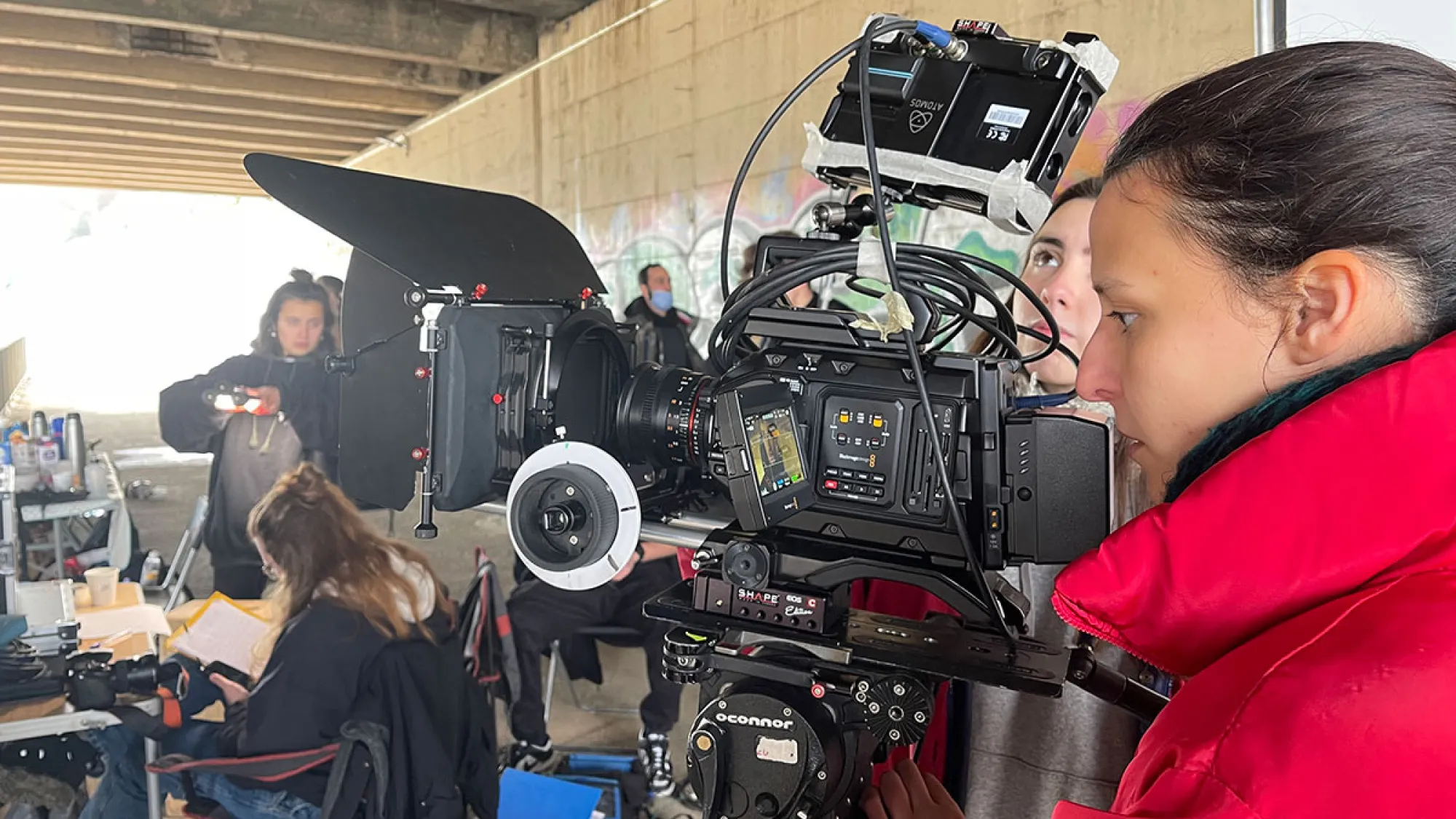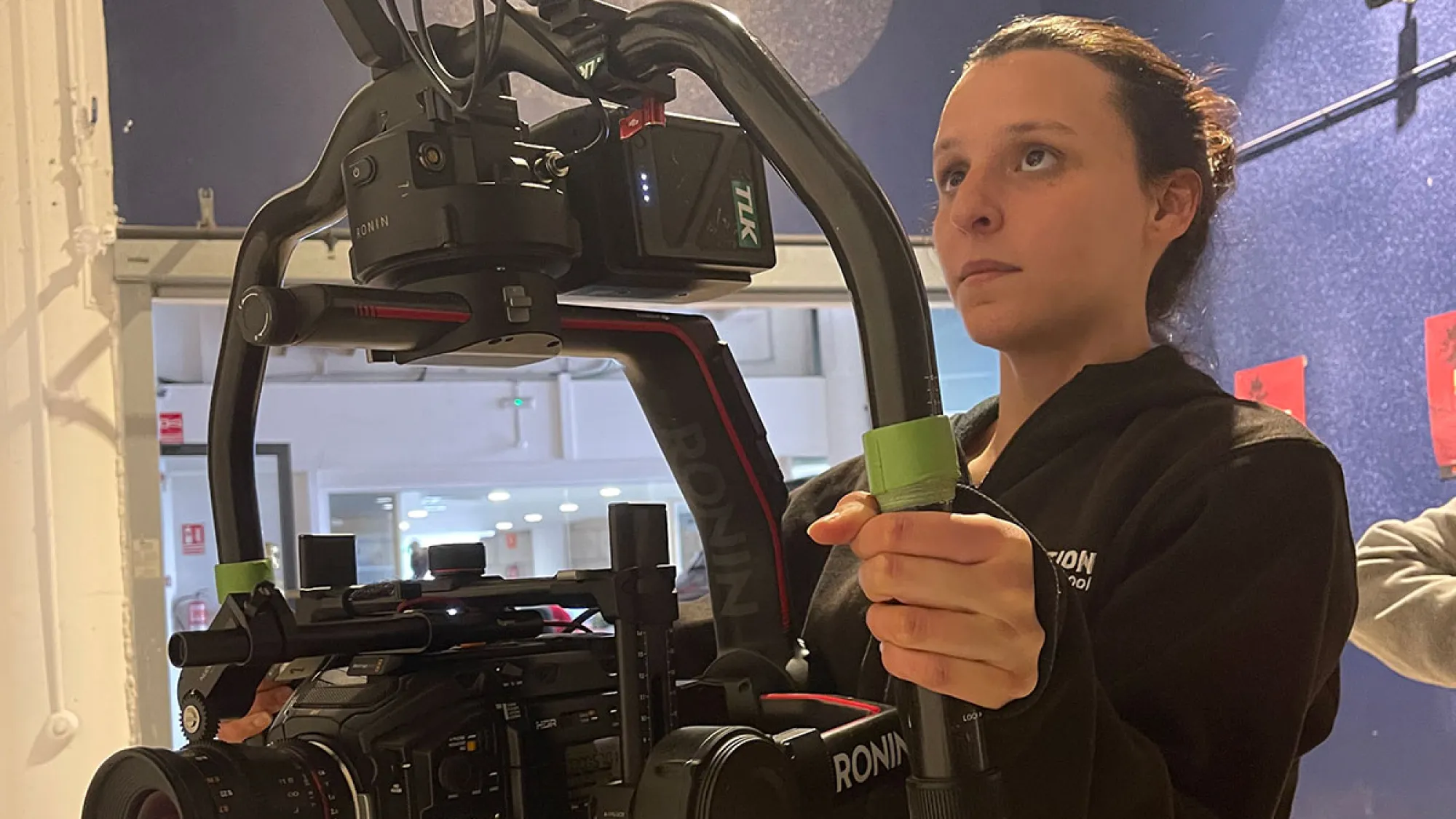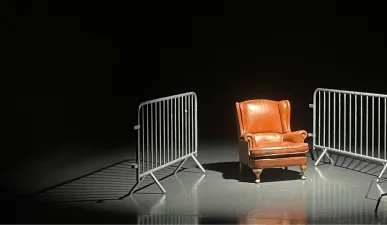Since 2009, the TMB Foundation has been carrying out its International Metro Short Film Festival, now Subtravelling International Short Film Fest, a commitment to culture that offers local audiovisual creators the opportunity to develop all their creativity and showcase their stories in the context of public transport.
The awards ceremony of the last edition was held on April 4, and in it, Mireia López i Curià, director of the short film "El teu nom" and student of FX Barcelona film school, has won the award for best work chosen by the jury. We talked to her to tell us about her experience.
Hi Mireia, how are you? Thank you for coming.
Very well, very happy and eager to continue shooting.
Right now you are in the 4th year of the Film Degree with specialization in Photography, but this short film has been made as director along with your classmates Gemma Guilera and Judith Garcia. And, without having finished yet, you are already winning awards. How does that feel? Did you expect to get so far when you submitted to the festival?
No, no, not at all. I didn't expect to win at all, and it was a great joy! The most beautiful thing was, above all, sharing it with friends and family. I think that's what we liked the most.
Was it the first time you participated, and had you thought about doing it before? How did it all come about?
For my part, the idea had been in my head for years. Besides, the prize is very attractive: a trip to South Korea. I love Asian culture. I had always wanted to apply, but with the Covid-19 issue, I hadn't planned to do so in recent years. Having to shoot with a mask seemed a bit unsightly to me. Still, the idea came and we did it.
And it worked out well! The story is fantastic and super emotional. Also, one of the conditions of Subtravelling, if I'm not mistaken, is to shoot in the TMB facilities. And even though all the stories are framed in the same space, yours manages to stand out. How did you do it to give it that differential touch?
Just at the time when the Subtravelling registrations opened, my grandmother was diagnosed with dementia. The idea came from what I was feeling at the time and needed to express. To capture my experiences or what I feel in a short film is something that I have always liked very much. And I decided to do it.
I decided to do it.





